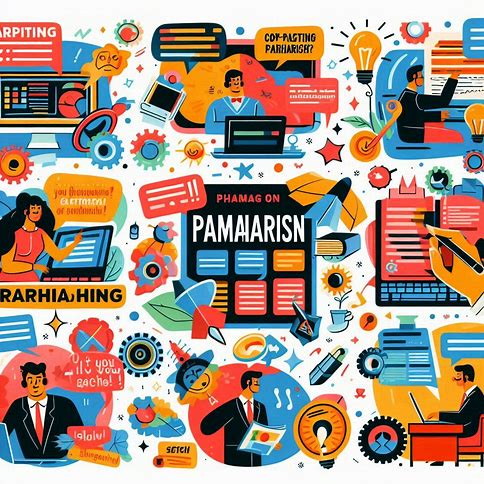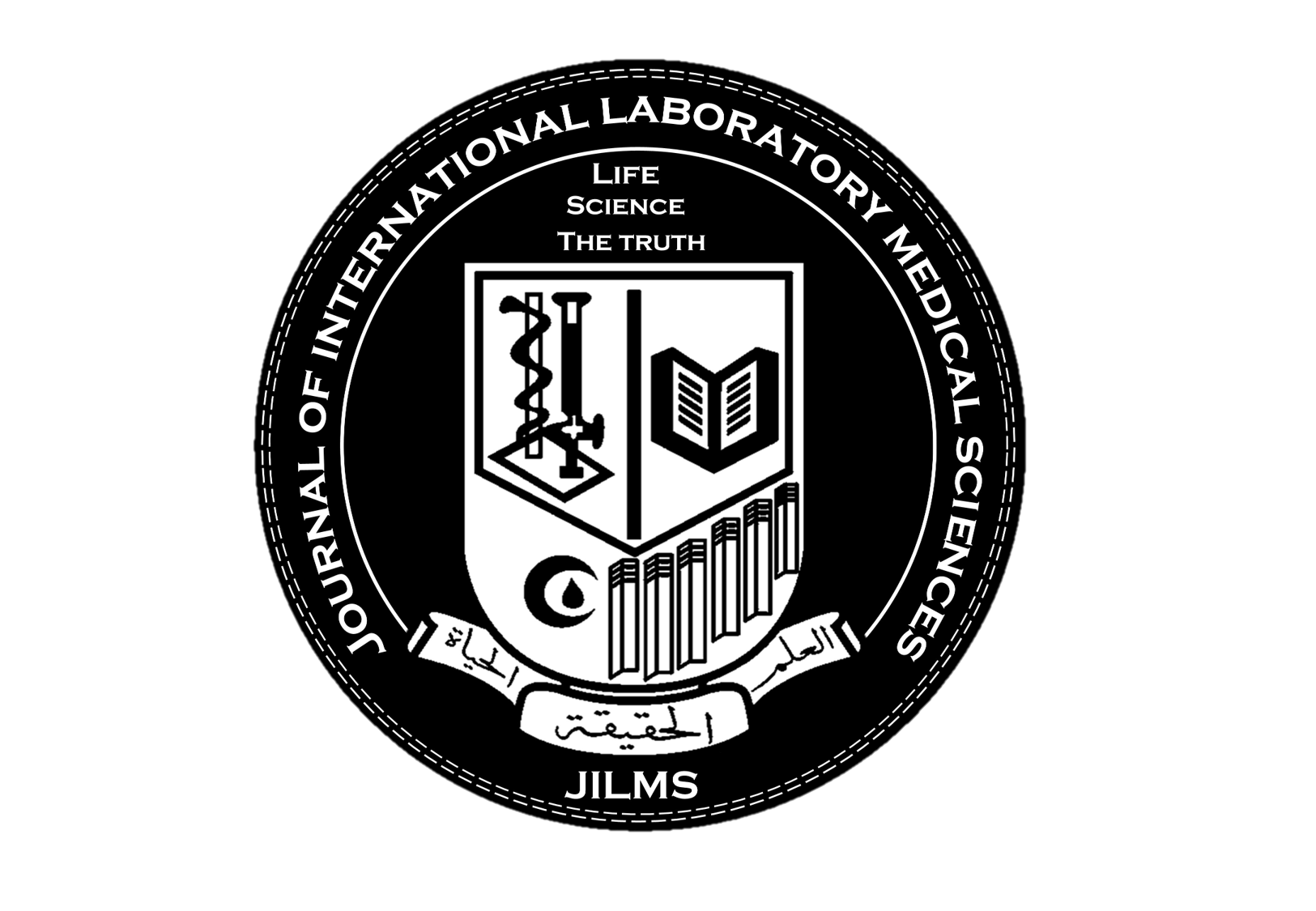Plagiarism Policy
Plagiarism Policy
Copying or plagiarism in any form is strictly prohibited by JILMS. Plagiarism is said to have occurred when large portions of a manuscript have been copied from previously published resources. The journal uses Turnitin Plagiarism Detection Software to cross-check all manuscripts submitted for publication. Manuscripts found to be plagiarized during the initial stages of review are outrightly rejected and not considered for publication in the journal. We do not process any plagiarized content. If a manuscript has a similarity index of over 20% and reference sources have more than 5% plagiarism based on the results of Plagiarism Checker, we will reject the manuscript and send it back to the author to be revised for plagiarized contents.
In case a manuscript is found to be plagiarized after publication, the Editor-in-Chief will conduct a preliminary investigation, maybe with the help of a suitable committee formed for the purpose. If the manuscript is found to be plagiarized beyond the acceptable limits, the journal will contact the author’s Institute, College, University, and Funding Agency, if any.
If misconduct is found, the journal will run a statement online that is bi-directionally linked to the original paper, indicating plagiarism and providing a reference to the plagiarized material. The paper that contains plagiarism will be marked on every page of the PDF. The paper can be formally retracted after determining the extent of plagiarism.

Types of Plagiarism
The journal considers the following types of plagiarism:
- Full plagiarism is considered when previously published content is copied without any changes to the text, ideas, or grammar. Presenting the exact text from a source as one’s own is what it involves.
- Partial plagiarism occurs when the content is a mixture of different sources and the author has extensively rephrased the text.
- Self-plagiarism is when an author reuses complete or portions of their pre-published research. Complete self-plagiarism is when an author republishes their previously published work in a new journal.
Policy and Action for Plagiarism
JILMS respects intellectual property and aims to protect and promote the original work of its authors. Manuscripts containing plagiarized material are against the standards of quality, research, and innovation. Hence, all authors submitting articles to the journal are expected to adhere to ethical standards and refrain from plagiarism in any form.
In case, an author is found to be suspected of plagiarism in a submitted or published manuscript then, journal shall contact the author (s) to submit his / her (their) explanation within two weeks, which may be forwarded to the Fact Finding Committee (FFC) constituted for the purpose, for further course of action. If the journal does not receive any response from the author within the stipulated time period, then the Director / Dean / Head of the concerned College, Institution or Organization or the Vice Chancellor of the University to which the author is affiliated shall be contacted to take strict action against the concerned author.
JILMS shall take serious action against published manuscripts found to contain plagiarism and completely remove them from the Journal website and other third-party websites where the paper is listed and indexed. The moment, any article published in Journal database is reported to be plagiarized, JILMS will constitute a Fact Finding Committee (FFC) to investigate the same.

Upon establishing that the manuscript is plagiarized from some previously published work, JILMS shall support the original author and the manuscript, regardless of the publisher. It is possible to take any or all of the following immediate actions or follow the additional course of action recommended by the committee.
The JILMS editorial office shall immediately contact the Director, Dean, or Head of the concerned College, Institution, or Organization, or the Vice Chancellor of the University to which the author(s) is affiliated, to take strict action against the author(s).
JILMS shall remove the PDF copy of the published manuscript from the website and disable all links to the full text article. The term ‘Plagiarized Manuscript’ shall be appended to the title of the published manuscript.
JILMS shall disable the author’s account with the journal and reject all future submissions from the author for a period of 03,05, or 10 years, or even ban the author permanently.
JILMS may also display the list of such authors along with their full contact details on the journal website.
Any other course of action, as recommended by the Committee or as deemed fit for the current case, or as decided by the Editorial Board from time to time.
